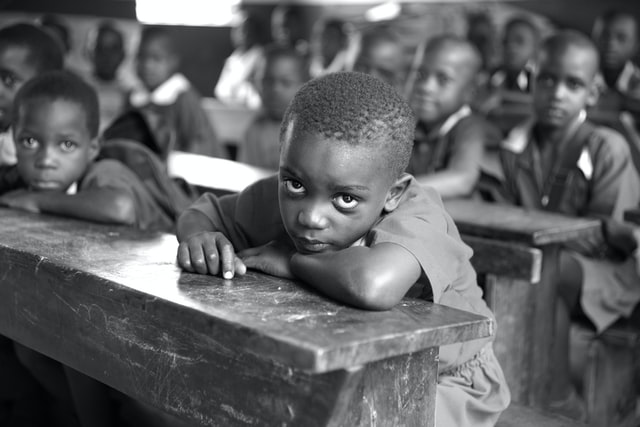According to reports, a debt of Kes. 6 billion and the delayed release of the school’s distribution list is why the supply of textbooks for Grade 7 learners has not been completed, several weeks after schools reopened.
The delayed release of the report issued by the Presidential Working Party on Education Reforms (PWPER) which would have informed the decision of the retention of all subjects would be retained in the Competency-Based Curriculum (CBC) has also contributed to the uncertainty.
The government has not yet made payment for the Kes. 3 million balance owed to publishers after they distributed Grade Six books in 2022.
A further Kes. 3.2 billion has also not been released to facilitate the printing and distribution of Kes. 18.3 million Grade Seven (7) textbooks.
The following are some contracted publishers contracted to print and distribute books to public schools.
- Kenya Literature Bureau
- East African Education Publishers
- Storymoja
- Moran
- Spotlight
- Longhorn
Some publishers who opted to be anonymous last week revealed that they had been asked to present invoices after it had been revealed that around 1.6 billion had been released.
However, they said that the sum was still a part of the owed debt that is yet to be cleared but promised to use the issued funds to ensure that the distribution of books to Grade 7 learners is hastened.
By the end of the last week, only 59% of the textbooks had been distributed, translating to around 11.6 million.
The Kenya Institute of Curriculum Development (KICD) Chief Executive Officer Charles Ong’ondo said that schools will have received the textbooks by the end of the week.
Regarding Grade 7 textbooks, the publishers said that the government was expected to release 20% of the Kes. 3.2 billion or around Kes. 640 million.
However, the Kenya Publishers Association (KPA) chairperson Kamau Kiarie brushed off the payment delays.
“I do not want to talk about money because it has been paid and is still being paid,” he said.
However, publishers who spoke to the media in confidence said that indeed the lack of funds is the main problem and could eventually drive them out of business.
“The papers we use are imported and that is quite a huge financial ask. We cannot print without the papers. That means we must have money, which we had not received from the publishers,” said one of the printers.
However, Kiarie said that the process would not have started before the PWPER’s report is released.
“We did not know whether the CBC would be retained or scrapped. And if it were retained, where would JSS be domiciled? So nothing could be done yet,” Kiarie said.
“When the report was released, they said JSS would remain in primary schools. And the number of primary schools is many compared to secondary schools. This also posed a logistical nightmare.
The PWPER had recommended that all Grade Six learners join Grade Seven in the same primary schools.
The delayed distribution has attracted complaints from parents with this being one of the hurdles facing the transition from the 8-4-4 to the new 2-6-6-3 system of education.
The former KPA Chairperson Lawrence Njagi said that although Grade Seven books had been approved, they could not start working immediately.
“We were not sure whether the working party would recommend that some approved subjects be dropped,” he said.
Printing began late, around four weeks after the release of the PWPER’s report.
“We only have about five publishers with the capacity to deliver huge numbers as were required. And we also have about four distributors with the capacity to cover the entire country. So the pressure has been immense,” added Kiarie.
According to Njagi, the delayed release of capitation to schools also meant that publishers had not received the money.



Comments are closed.